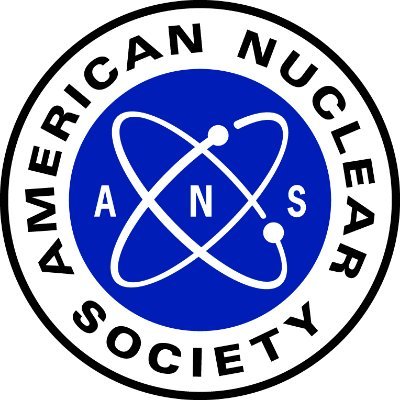Earlier this year, pre-coronavirus — which seems like a lifetime ago — the American Nuclear Society (ANS) released a brief called “A Proposal for Progress on Nuclear Waste Management,” a set of recommendations to organizations responsible for handling nuclear waste, including the U.S. Nuclear Regulatory Commission.
Usually “progress” and “waste management” aren’t found in the same sentence without some type of satire, but this proposal makes exceptionally relevant recommendations when some are idling and/or simply looking back.
Two items are particularly notable for being forward-thinking. The ANS is recommending that the Nuclear Regulatory Commission: Develop up-to-date, risk-based, generic standards for siting and licensing a geologic repository; and enhance high-level waste transportation planning, outreach and infrastructure development.
Of course, as the Director of Legislative Affairs for Deep Isolation and an ANS member since 2006, I’m excited the organization is suggesting that the U.S. explore more regulatory options for horizontal drillholes, but there’s more to it than that.
This policy brief recognizes that what our country has been doing — vacillating on the Yucca Mountain repository — hasn’t been serving our citizens or this issue well. Whether you believe in nuclear power or not, I know most would agree we need to properly dispose of the waste material in a responsible, legal, ethical and environmentally conscious way.
ANS Policy Brief Recommendations
1. Reestablish the Department of Energy Office of Civilian Radioactive Waste Management (OCRWM);

2. Develop up-to-date, risk-based, generic standards for siting and licensing a geologic repository in the United States;
3. Enhance U.S. high-level waste (HLW) transportation planning, outreach and infrastructure development;
4. Mandate that the DOE identify the steps required to restart a repository program and estimate the associated timelines and costs. The Nuclear Waste Technical Review Board should then review the report for Congress;
5. Assess the ability of advanced reactors and alternate fuel cycles to address waste disposal challenges;
6. Continue research and development supporting long-term storage and subsequent transportation of used nuclear fuel;
7. Commission a National Academy of Sciences study of HLW management case histories in the United States and around the world. Identify best practices for communicating to the public about the real level of risk associated with HLW; and
8. Commission a Congressional Budget Office (CBO) study on sustainable funding for HLW management.
We should continue to work with states and local communities to address transportation and routing, planning and training of emergency personnel and make sure all spent nuclear fuel can actually get to its nearest railhead. This is important work that has a significant stakeholder component and should be a focus of any DOE efforts.
Additionally, it makes sense that the NRC and Environmental Protection Agency will be working together to be forward-thinking as they update regulations to meet current scientific standards and merits. This way, when the market produces options for the deployment of back-end options, we have a regulatory scheme that is structured and known.
Simply put, regulatory uncertainty will certainly continue to delay success in an area so in need of a win.
So hats off to ANS, an organization that is leading with sureness at a time when it is desperately needed.
I have always been proud to be part of a professional association that is thoughtful and pragmatic, technical and science-based and committed to progress over politics. As a student of the back-end of the fuel cycle, which I might add must be considered and completed to have a cycle at all, I was thrilled and encouraged to read this most recent brief on waste management.
I’m pretty proud of the people and groups I work and associate with, and today ANS is right at the top.
